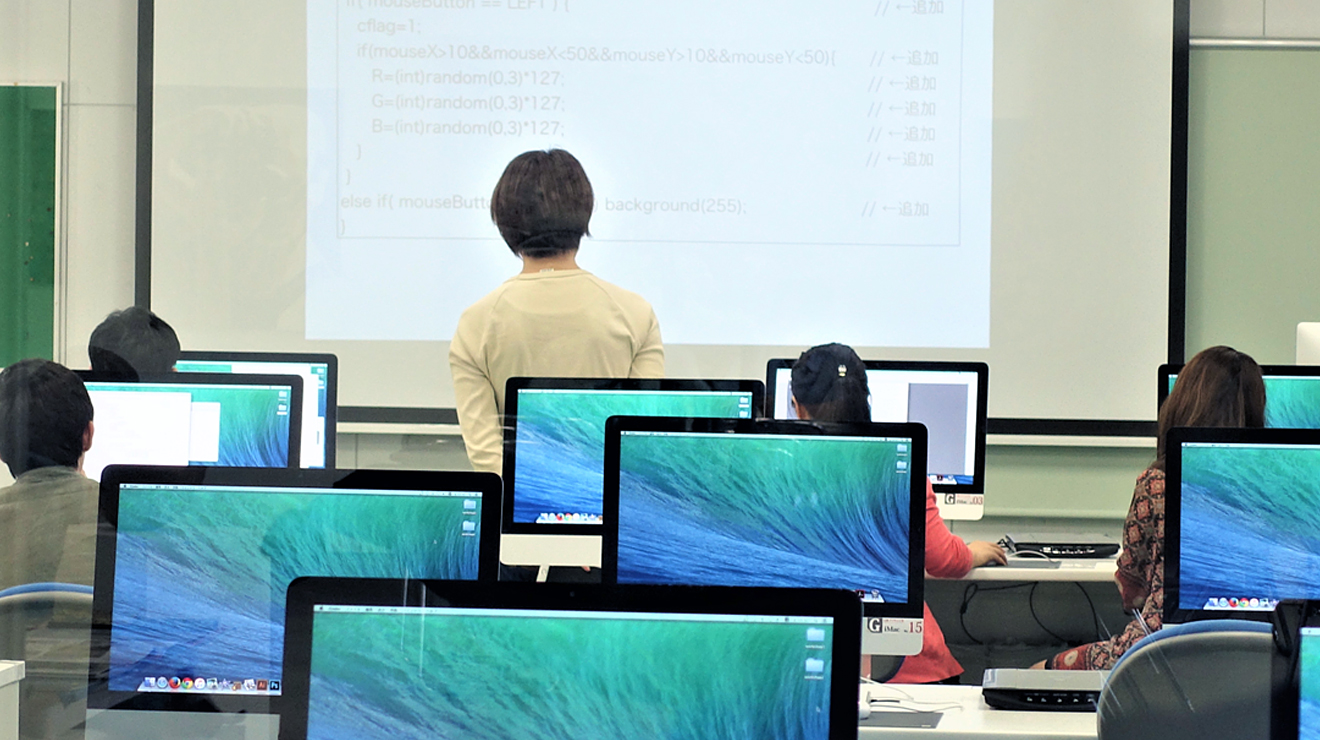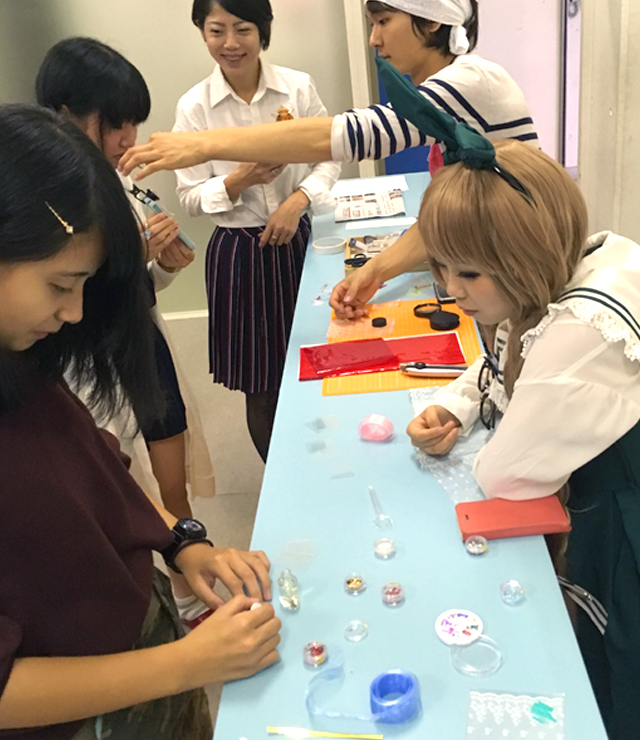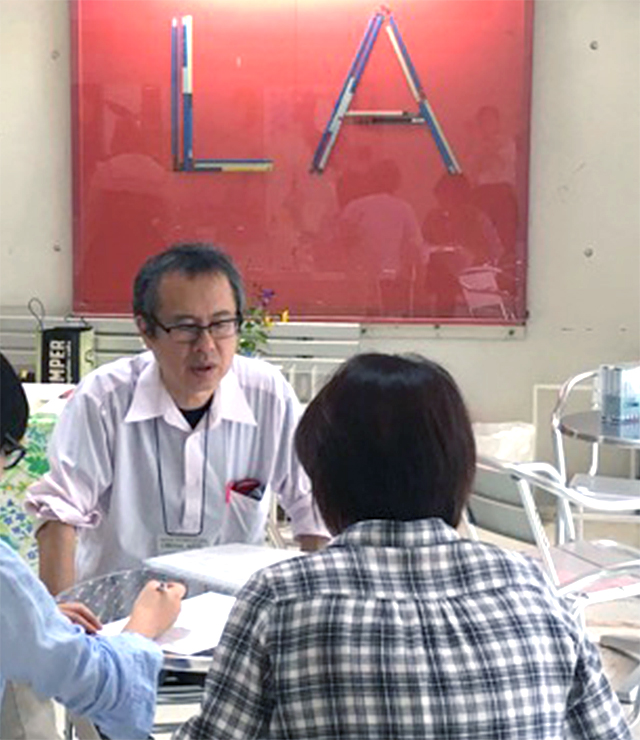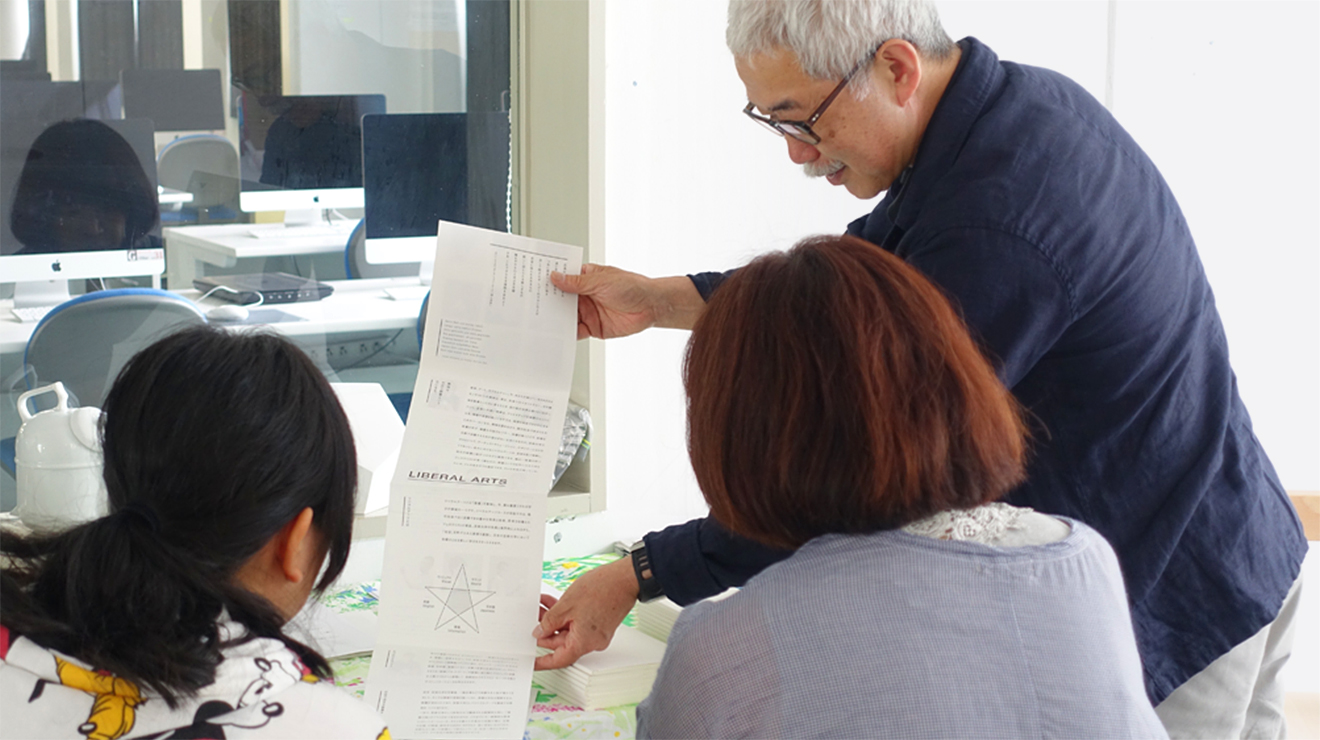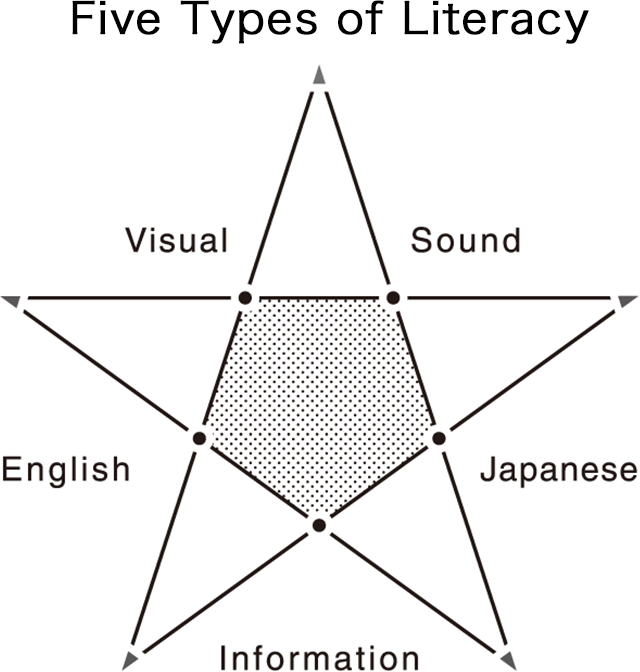You can be whatever you want to be
I like music, but I don’t want to be a musician. I’m fascinated by art, but I’m not aiming to become an artist. I would rather like to deepen my understanding the arts as I experience the arts by listening to it and viewing it. If you are a person who thinks this way, why don’t you study what you like with wider, more intense, and quite new approach? By throwing away an idea of studying something that serves you instantly and by developing your creativity through experiencing the new field of study, “Arts and Culture,” you can be a more significant figure.
Arts and Liberal Arts Division - Liberal Arts Course is now open.
What’s Liberal Arts?
The purpose of the Liberal Arts Course is to foster generalists with knowledge, skills, and intelligence to be active in a broad variety of areas of the modern society. By bringing in the “Society” into the arts university, students in this course not only explore specialties but also cultivate broad perspectives and communication skills. The pioneer education in the Japanese arts universities starts here.
Five Types of Literacy
Basis of the study in this course is five types of literacy: visual and auditory senses (Visual and Sound), which is unique to an arts university; language(Japanese and English), which is essential for communication; and information literacy. This course offers various curriculum that allow students to develop their creativity and coordinating skills in small seminars and project style classes as they learn the literacy.
Liberal Arts That Works in the Society
One of the reasons why we focus on liberal arts education is that the number of students who find employments at general corporations after graduating from arts universities has been increasing in recent years. Human resources desired in the society is persons who have appropriate communication skills, not to mention professional skills. Utilizing empirical knowledge created in the environment of arts university and knowledge of liberal arts, the course aims to foster human resources with wide variety of knowledge. When you graduate from the university after having cultivated knowledge of liberal arts on top of knowledge of arts, you can serve in a variety of fields, including planning, publicity, various projects, and NGOs/NPOs in Japan and overseas.
At the time, you will realize the importance of the liberal arts, skills to utilize information and language and skills to understand culture.
